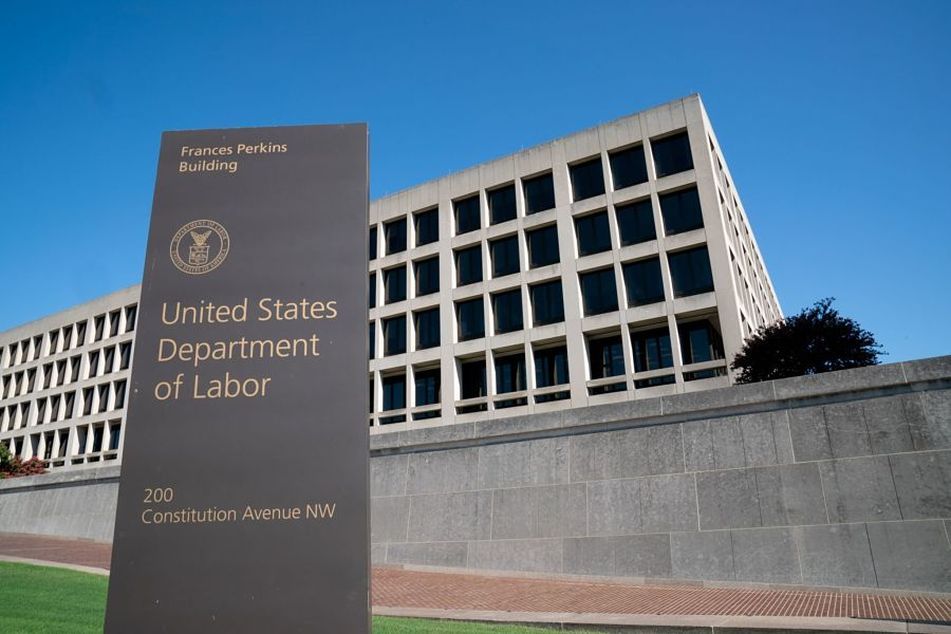DOL tones down Trump-era statements on PE in 401(k)s

In a recent supplement to a 2020 letter, the agency made clear that it does not endorse the use of private equity in defined-contribution plans.
Retirement plan sponsors considering private equity investments recently got a message from the Department of Labor: Not so fast.
On Dec. 22, the agency published a supplement to a letter it issued during the Trump administration, tempering the prior guidance on private equity within 401(k)s. While the substance of the guidance hasn’t changed, it’s clear that the Biden administration is discouraging most plans from adding such investments to their lineups, especially as standalone options.
It also represents another instance of the agency distancing itself from positions established during the Trump era. The Biden DOL, for example, is in the process of reversing the prior administration’s rules on environmental, social and governance factors in retirement plans, which were seen as having a chilling effect.
The DOL’s latest stance on private equity follows a risk alert the SEC issued in 2020, which pointed to conflicts of interest, costs and policies on nonpublic information.
“After carefully considering the stakeholder input and the implications of the SEC risk alert, the department concluded that it should supplement the information letter to ensure that plan fiduciaries do not expose plan participants and beneficiaries to unwarranted risks by misreading the letter as saying that PE — as a component of a designated investment alternative — is generally appropriate for a typical 401(k) plan,” the agency wrote in the Dec. 22 supplement.
The 2020 letter did not endorse the use of private equity in DC plans, but it clarified that those investments can be included as part of a multi-asset strategy, such as custom target-date funds.
However, former Labor Secretary Eugene Scalia and former SEC Chairman Jay Clayton provided accompanying statements to the letter, both noting the potential for private equity.
That letter was a public response to questions the DOL received from Pantheon Ventures, which separately has published a white paper on the ability for private equity within target-dates to help yield higher returns without increasing risk.
Importantly, the DOL’s comments in 2020 were directed at fiduciaries that sponsor traditional pension plans as well as 401(k)s, the agency noted last month. Those entities have the necessary experience to vet private-equity investments, it stated.
“The department cautions against application of the information letter outside of that context,” the recent supplement noted. “Except in this minority of situations, plan-level fiduciaries of small, individual account plans are not likely suited to evaluate the use of PE investments in designated investment alternatives in individual account plans.”
Further, the DOL clarified that its 2020 letter was anything but an endorsement of private equity. Some stakeholders had challenged the claimed benefits of higher return potential associated with private equity — a stance with which the Biden DOL agreed.
“The stakeholders also observed that retirement savers may often need to liquidate or transfer these assets at an earlier stage than many long-term investors, especially workers that frequently change jobs,” the recent supplement read.
But it’s questionable how much of an effect the earlier letter had on the use of private equity in DC plans. Currently, even the biggest 401(k) plans have very limited exposure to the asset class — only about 1% of them include private equity as a component of their custom target dates, according to a report last year by the Defined Contribution Institutional Investment Association.
“Since the guidance was issued in the prior administration, I’ve seen the conversations around the use of private equity and other alternatives step up a little bit. There hasn’t been a significant change in adoption at this point,” said Lew Minsky, CEO of DCIIA. But he noted, “We’re on a path toward greater use of alternatives in DC, and there may be some starts and stops.”
Rather than toning down the comments it made during the Trump administration, the DOL should have limited its statements to fiduciary guidance, Minsky said.
“To the extent that the DOL can stop having this back-and-forth ping-pong effect in its guidance between administrations, it’ll serve everyone,” he said. “The substantive guidance hasn’t changed here, but the signaling that has [changed] is unfortunate, because as plan sponsors look for opportunities to innovate, regulatory support is one of those things that helps encourage innovations.”
Learn more about reprints and licensing for this article.








